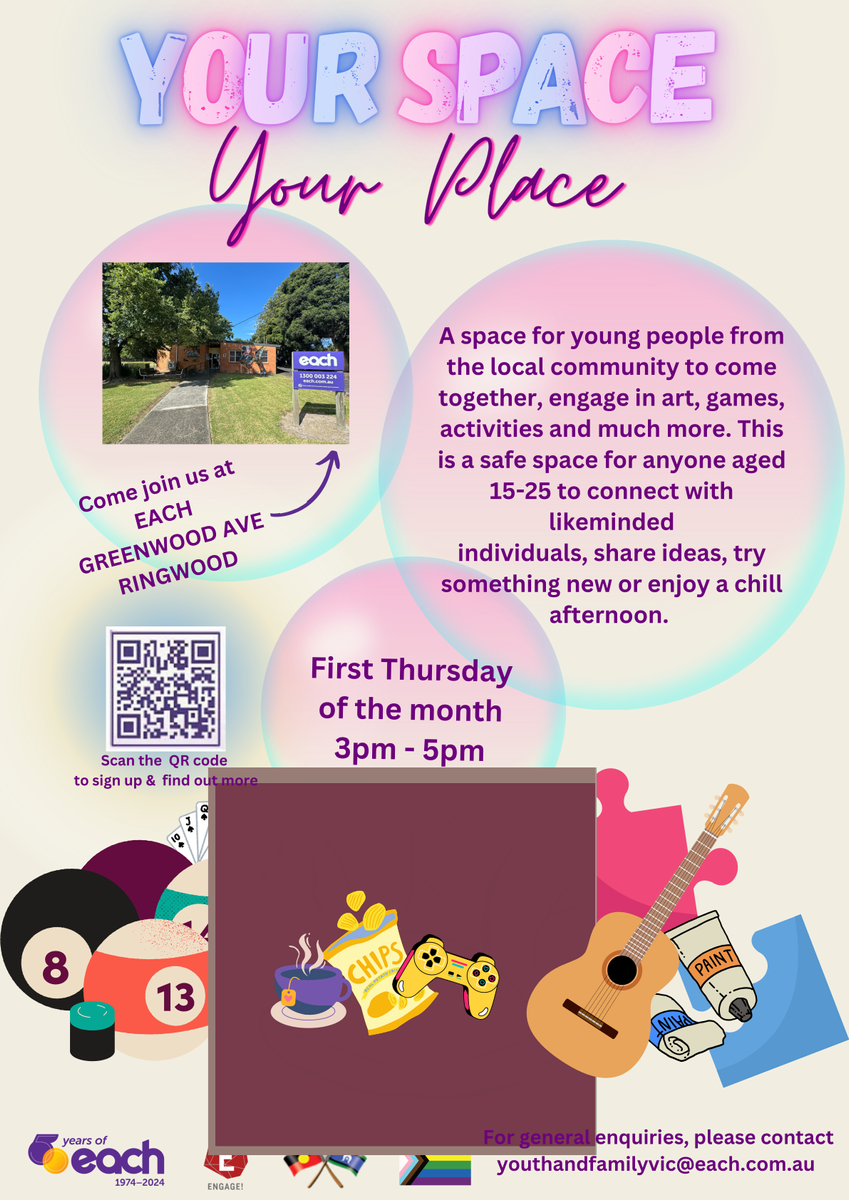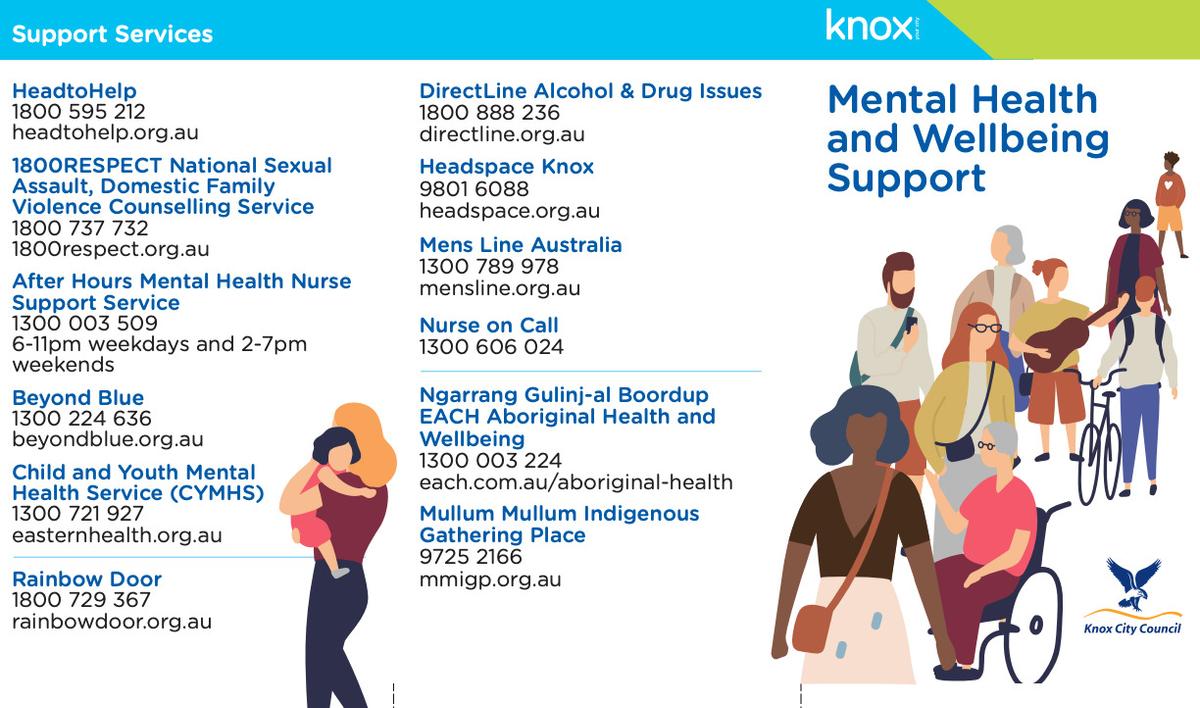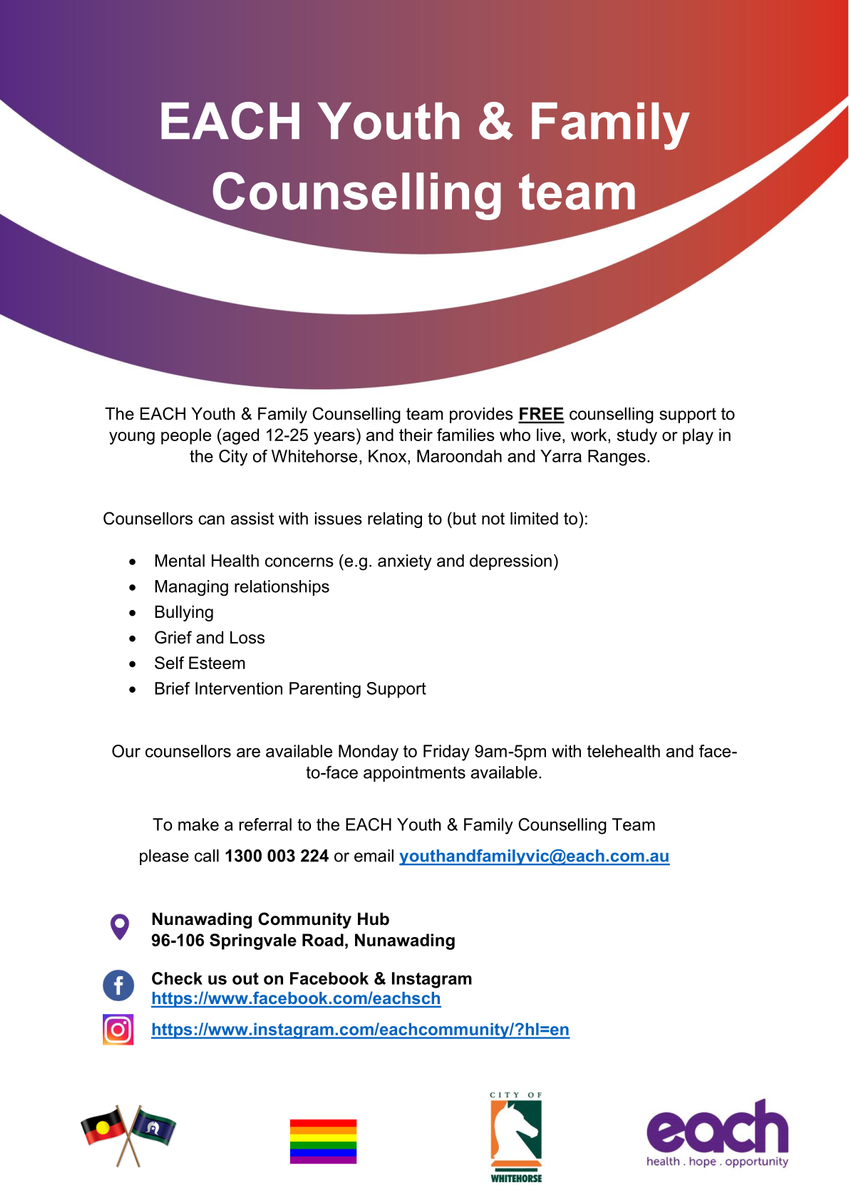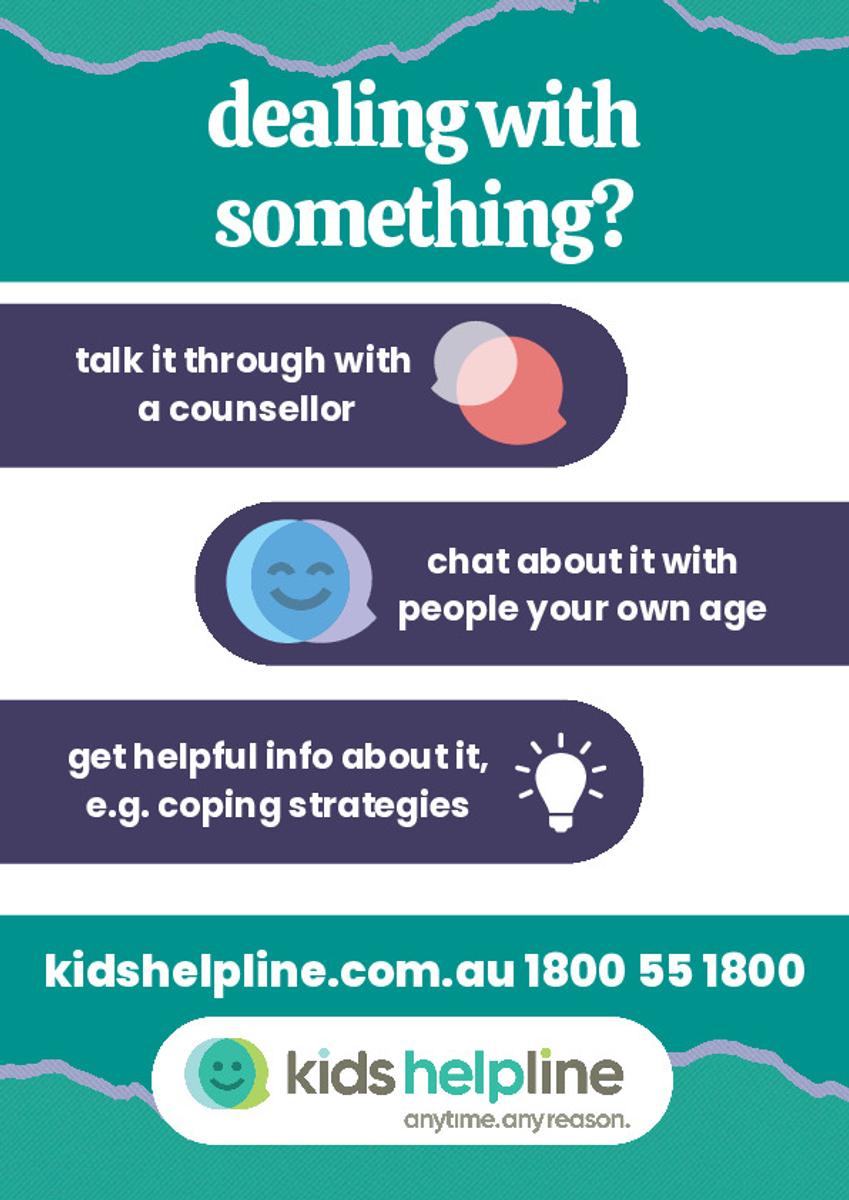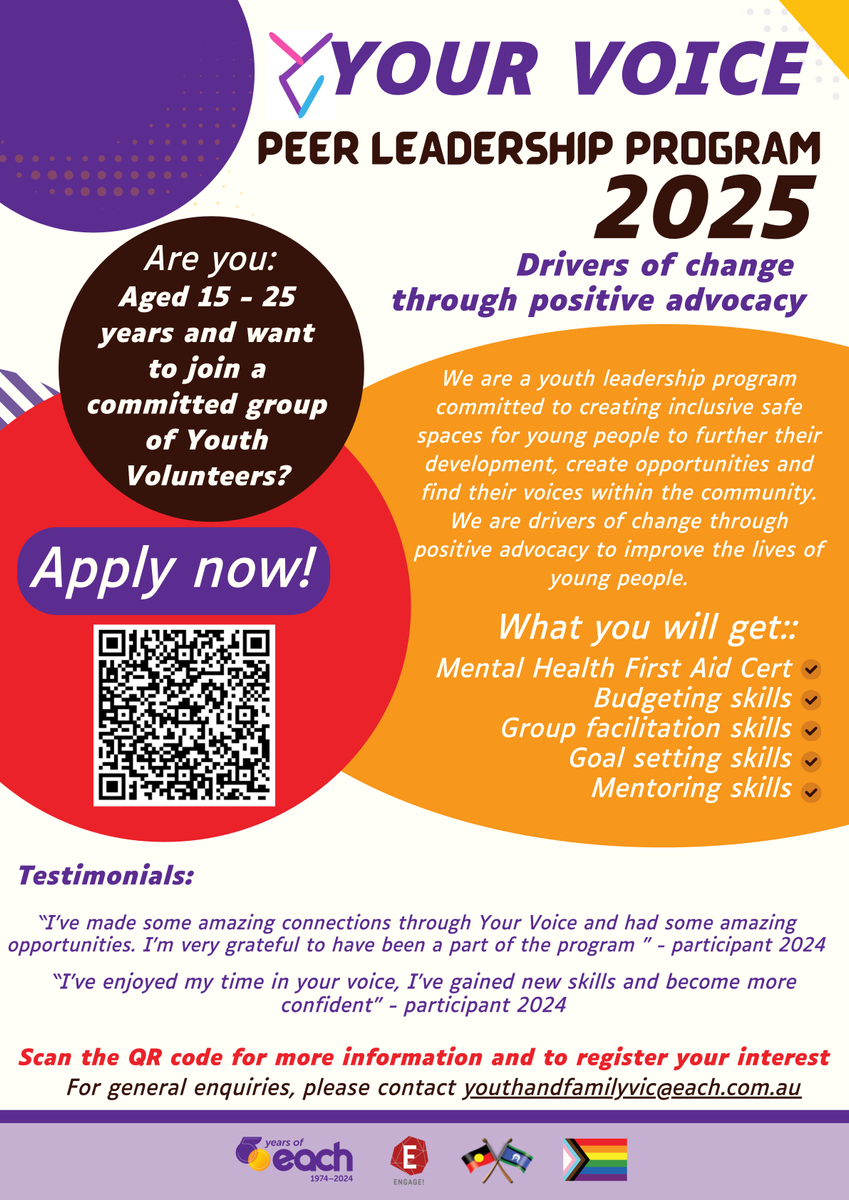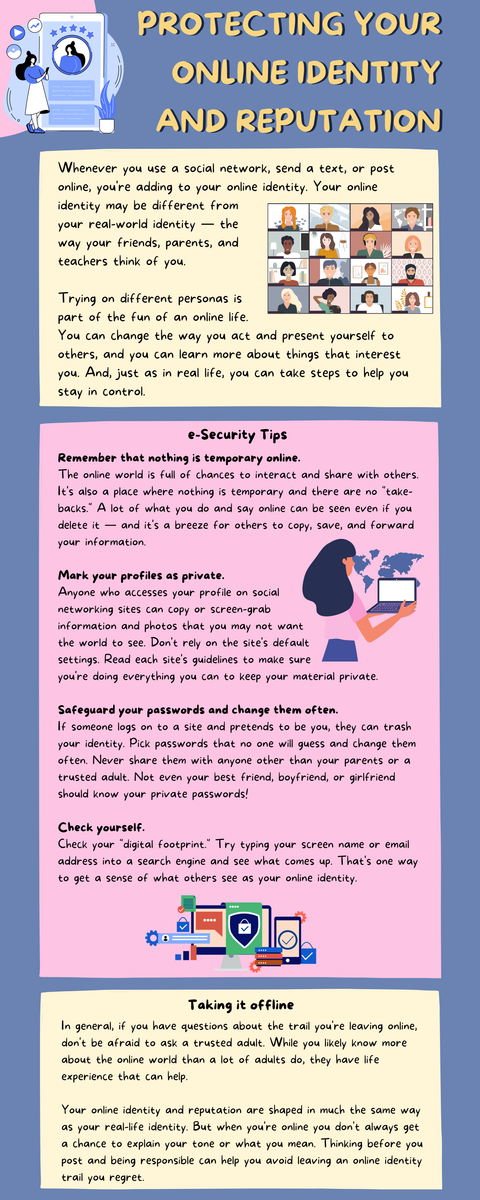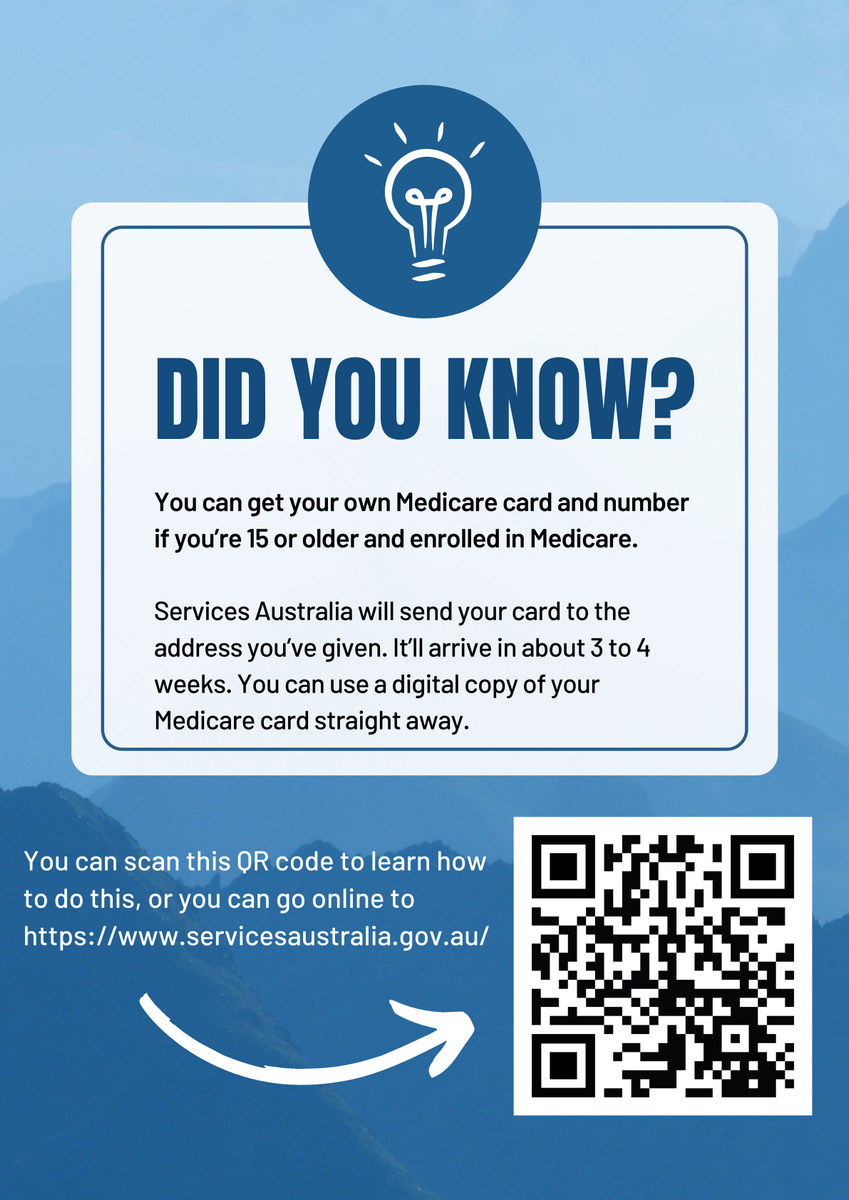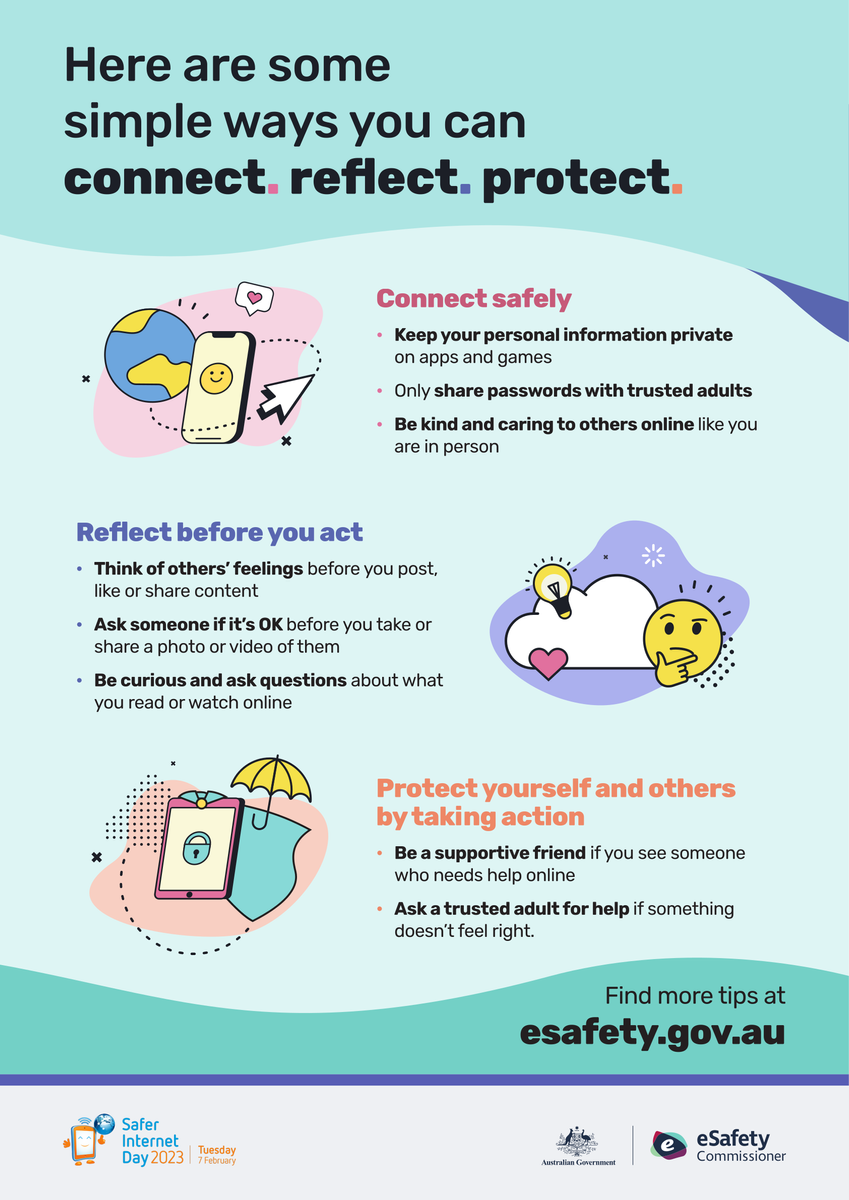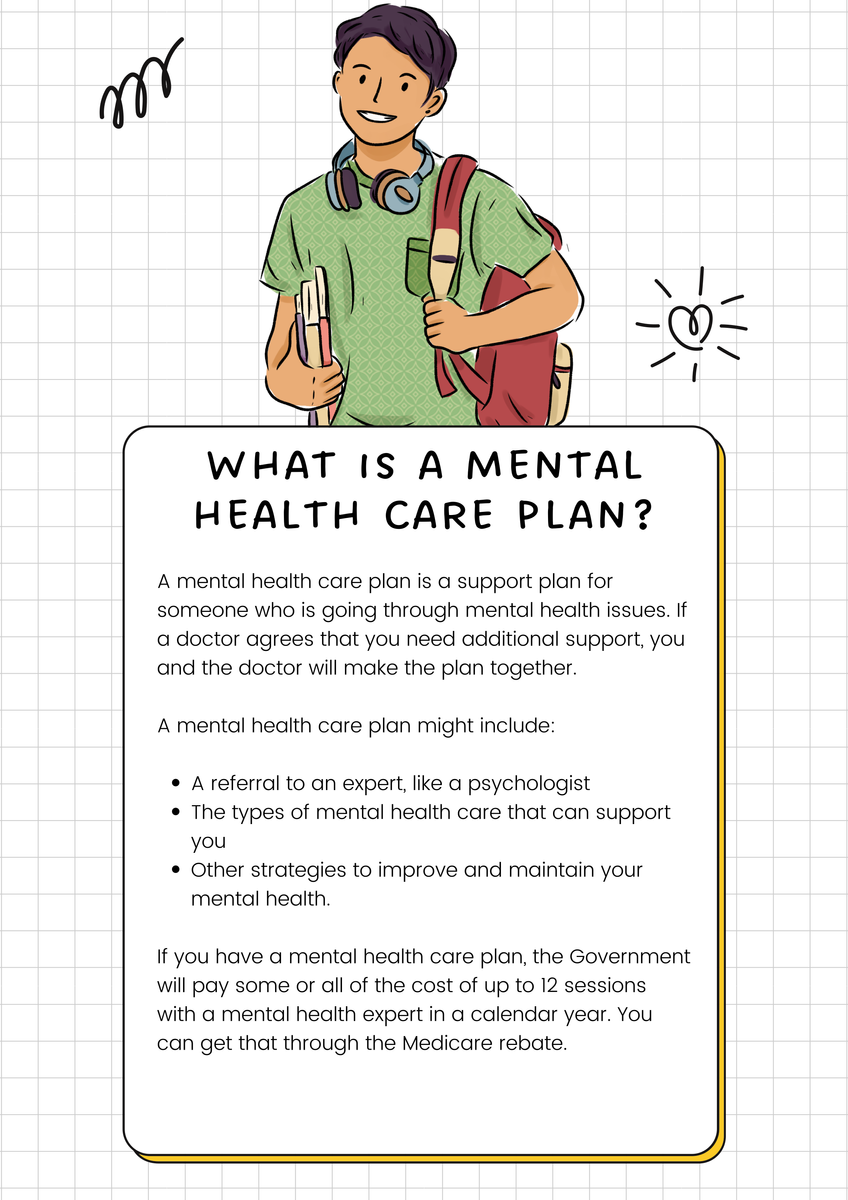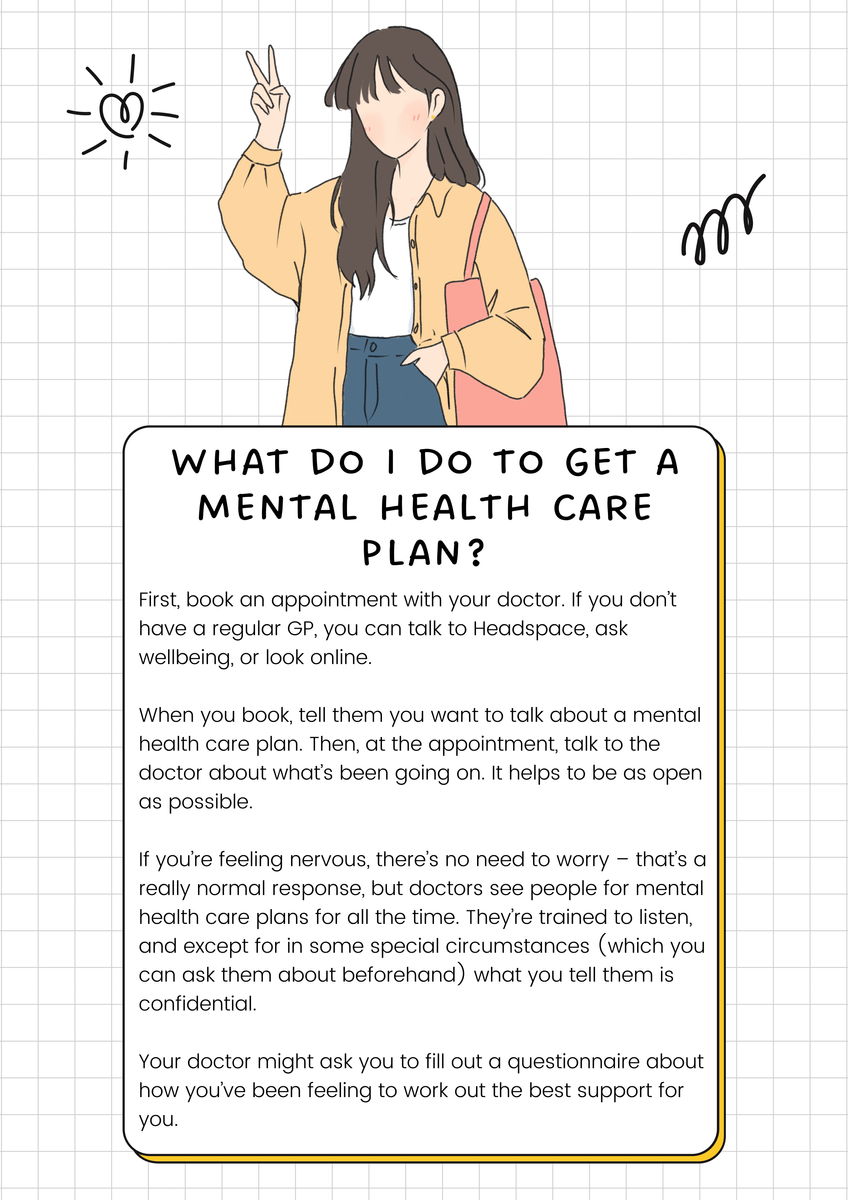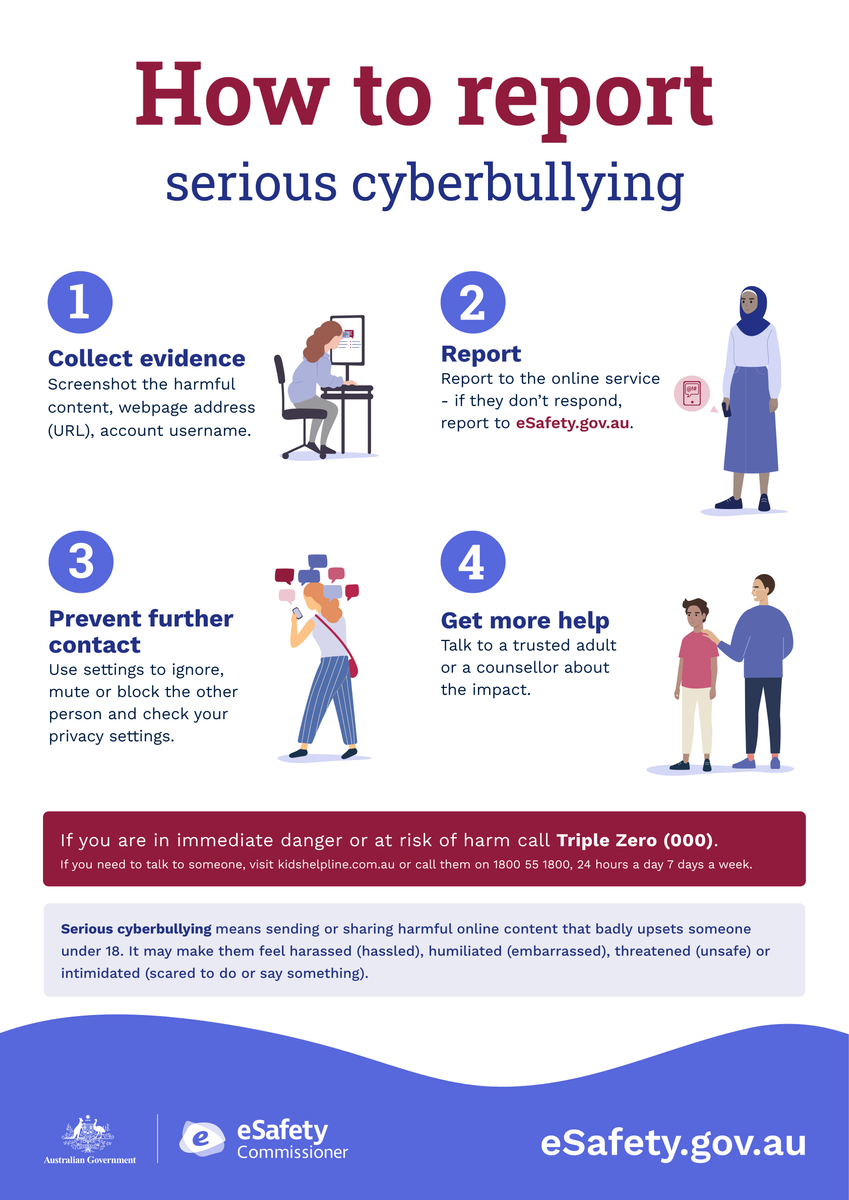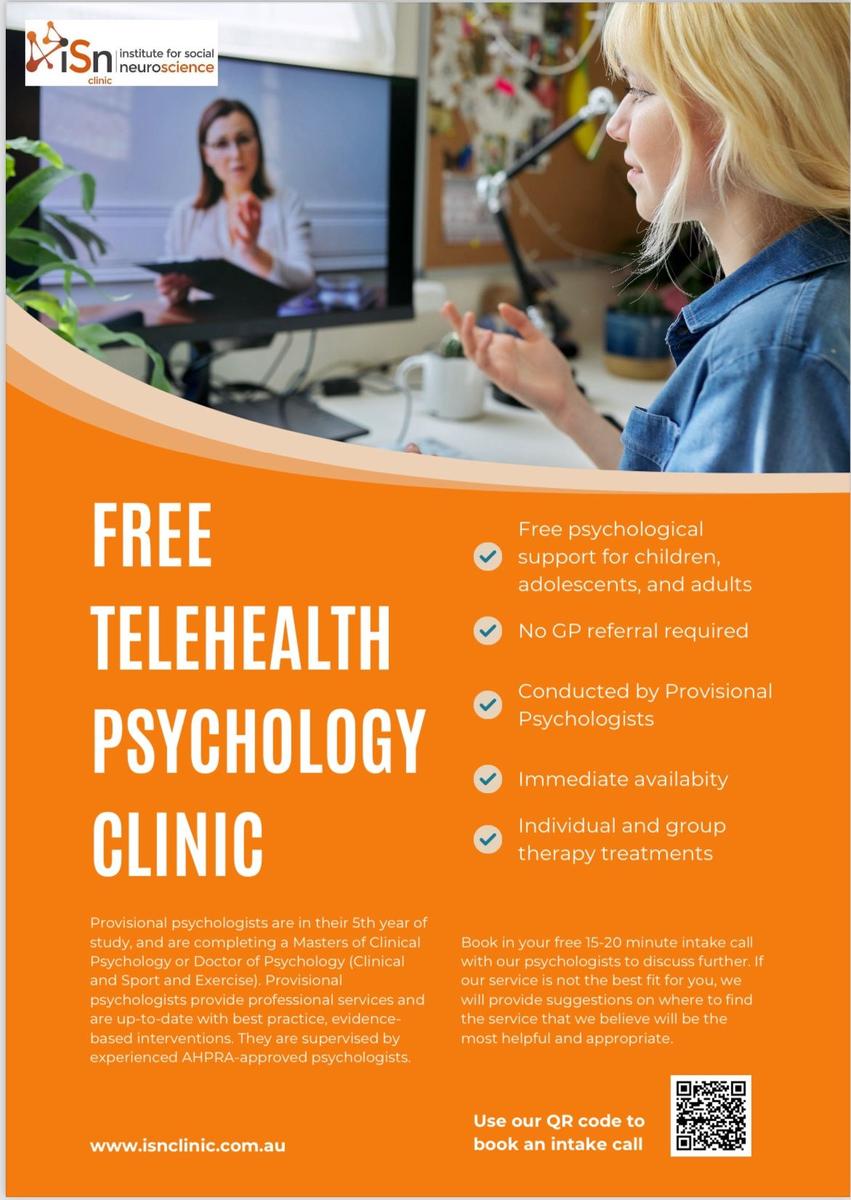Student Wellbeing

Mastering Time Management: Get More Done & Stress Less
Time—it’s the one thing we all have the same amount of, but somehow, some people seem to get everything done while others are scrambling at the last minute. Between classes, homework, sports, part-time jobs, social life, and personal time, it’s easy to feel overwhelmed. The good news? Learning how to manage your time can help you stay on top of things without feeling like you’re constantly drowning in assignments.
Let’s talk about why time management is so important, what happens when you don’t have it, and some easy ways to take control of your schedule.
Why Time Management Is a Big Deal
Ever felt like there just aren’t enough hours in the day? Or found yourself pulling a last-minute all-nighter because an assignment totally slipped your mind? These are classic signs of poor time management. But when you manage your time well, everything feels a little more in control. Here’s how it can help:
✅ Less Stress – Knowing what you need to do (and when) makes life feel way more manageable.
✅Better Grades – When you don’t rush your work, you’ll do better on tests and assignments.
✅More Free Time – Get your work done efficiently, and you’ll have time for friends, hobbies, and relaxation.
✅Fewer Last-Minute Panics – No more cramming the night before a test or pulling an all-nighter to finish an essay.
✅Skills for the Future – Time management isn’t just for school—it’ll help in uni, work, and life in general.
💡 Real Talk: Think about someone in your class who always seems calm and on top of everything. Chances are, they have solid time management skills. The good news? You can develop those skills too!
What Happens When You Don’t Manage Your Time?
If you’re constantly feeling behind, it might be because your time management needs some work. Here’s what happens when you don’t plan your time well:
🚩 Major Stress & Anxiety – Leaving things until the last minute makes everything feel way more stressful.
🚩Lower Grades – Rushed, last-minute work usually doesn’t turn out great.
🚩Missed Deadlines – Forgetting assignments or procrastinating too long can seriously hurt your grades.
🚩Exhaustion & Burnout – Late nights and skipping meals just to finish work isn’t sustainable.
🚩Less Time for Fun – When you’re always playing catch-up, there’s less time for friends, sports, or Netflix marathons.
💡 Ever noticed how procrastinating actually takes up more time? You tell yourself you’ll “just check TikTok for five minutes” and suddenly, an hour has disappeared. That’s how poor time management sneaks up on you!
Easy Ways to Stay on Top of Your Schedule
So, how do you actually improve your time management? Here are some practical tips that don’t involve giving up your social life or pulling all-nighters.
📅 Use a Planner or Calendar
Whether it’s a physical planner, a whiteboard in your room, or a digital app like Google Calendar or Notion, tracking your deadlines makes a huge difference.
Try this: At the start of each week, write down:✔️ Upcoming assignments & exams✔️ Sports, part-time work, or social events✔️ Any other commitments (family plans, club meetings, etc.)
This way, nothing catches you by surprise.
✅ Make a To-Do List
A simple to-do list can keep you on track and make sure you don’t forget anything. Write down what you need to do each day and check things off as you go.
Pro tip: Prioritise! Start with the most important or time-sensitive tasks first.
🎯 Set Realistic Goals
Huge tasks can feel overwhelming, which leads to procrastination. Instead of saying, “I have to write a 1,500-word essay,” break it down:
Day 1: Research and take notes
Day 2: Write an outline
Day 3: Draft the first half
Day 4: Finish the draft
Day 5: Edit and proofread
This makes big projects way less scary.
⏳ Try the Pomodoro Technique
If you struggle to focus, try working in short bursts. The Pomodoro Technique works like this:
Work for 25 minutes (no distractions—phone on silent!)
Take a 5-minute break
Repeat 4 times, then take a longer break (15-30 minutes)
This helps keep your brain fresh and stops you from burning out.
🚀 Avoid Procrastination Traps
Let’s be honest—procrastination is the biggest enemy of time management. Common traps include:
❌ Scrolling through social media "for a few minutes"❌ Watching “just one more” episode❌ Telling yourself, "I’ll start later" (spoiler: later never comes)
Fix it:
Put your phone in another room while studying
Set a timer for short, focused work sessions
Reward yourself with breaks (but stick to a time limit!)
💡 Take Breaks & Look After Yourself
Time management isn’t just about doing more—it’s about doing things better. That means taking care of yourself, too.
Sleep matters – 7-9 hours a night helps with memory, focus, and energy.
Eat real food – A good breakfast (not just coffee or energy drinks) can make a huge difference.
Move your body – Even a short walk can help reset your brain.
💡 Fun Fact: Studies show that students who get enough sleep perform better than those who stay up late studying. Resting your brain actually helps you remember things!
Final Thoughts: Small Changes = Big Results
Time management isn’t about cramming more into your day—it’s about making smart choices with your time. Start with small changes, like:
✔ Using a planner✔ Breaking big tasks into smaller ones✔ Setting daily goals✔ Avoiding distractions
The more you practice, the easier it gets!
💡 Challenge: Try just ONE of these tips this week and see how it helps. You might be surprised how much more in control you feel!
So, what are you waiting for? Take charge of your time, get organised, and enjoy the benefits of a stress-free, more balanced life! 🚀
Looking for Support?
EACH - Health Services 1300 003 224
These services are free or low-cost.
93 Boronia Rd, Boronia
Youth Mental Health Services 9298 8469
Individual counselling on a short-term basis for young people aged 10 to 25 years as well as parent and family support.
2 Capital City Blvd, Wantirna South
headspace 1800 650 890
2 Capital City Blvd, Wantirna South
Offering: General health services (youth-friendly, free Doctors), Counselling & Mental Health Support, Alcohol and Other Drug Services, Vocational, Education & Training Support.
Safe Steps Family Violence Response Centre 1800 015 188 (24 Hours)
Confidential information, counselling and support service. safesteps.org.au
1800 Respect 1800 737 732 (24 Hours)
Nurse on Call 1300 60 60 24
Puts you directly in touch with a registered nurse for caring, professional physical health advice around the clock.
The Butterfly Foundation 9822 5771
1430 Malvern Road, GLEN IRIS Victoria https://butterfly.org.au/ -
FriendLine 1800 424 287
Supports anyone who's feeling lonely, needs to reconnect or just wants a chat. You can call them 7 days a week or chat online with one of their trained volunteers. All conversations with FriendLine are anonymous.
24/7 Mental Health Hotlines:
Kids Helpline 1800 55 1800
Australia’s only free 24/7 confidential and private counselling service specifically for children and young people aged 5 – 25.
Lifeline - Call 13 11 14, text 0477 13 11 14 or chat online. Provides 24-hour crisis counselling, support groups and suicide prevention services.
Suicide Call Back Service 1300 659 467 or suicidecallbackservice.org.au Provides 24/7 support if you or someone you know is feeling suicidal.
Beyond Blue 1300 22 4636
Aims to increase awareness of depression and anxiety and reduce stigma. Call, chat online or email.
Student Wellbeing Team
Email: wellbeing@wantirnacollege.vic.edu.au
Chelsea Collings - Leader of Wellbeing
Guiseppe Relia – Wellbeing Counsellor
Sanela Avdic - Wellbeing Counsellor
Talea-Jane Simpson – Wellbeing Counsellor
Tajinder Wulff - Mental Health Practitioner 7-8
Lea Marrison - Mental Health Practitioner 9-12

